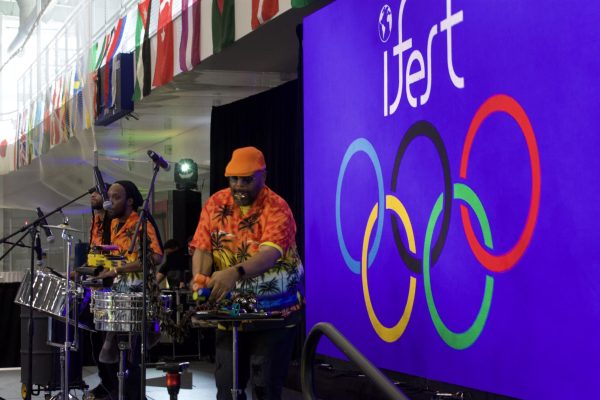Students Talk Consent on Campus
11.2 percent of all American students experience some form of physical sexual misconduct, and those are only the statistics that have actually been reported. Despite movements such as #MeToo and “It’s On Us,” which have allowed us to speak more openly about sexual violence and misconduct, the numbers prove that conversations about consent must still be had, especially on college campuses.
In order to measure student’s understanding of consent, a randomized poll was conducted. Out of fifteen randomly selected students from the University of New Haven campus, those selected were able to provide a definition for consent, either through metaphor or by definition.
“Consent is like tea,” said junior Josh Hassildine, referring to the viral video of a narrator explaining consent to his audience by using an example of a cup of tea.
Junior Sam Forrest had a similar definition of the term.
“Consent is agreeing to do something but is non-binding in that, even if someone says yes, they can change their mind to say no if uncomfortable or unsure,” said junior Sam Forrest.
A majority of the responses received by students all included the phrase “no means no and yes means yes.” While this statement seems to be the popular opinion among campus students, Ashley Dunn, Assistant Director of Student Life Programs and the Title IX Compliance Office, the phrase “yes means yes” isn’t necessarily the most effective statement.
“When I talk about consent I like to use the terms ‘it’s a give and a get’,” said Dunn. “A lot of people like ‘yes means yes’ and I think that’s helpful but I think when we frame it in a way of a ‘give and a get’ it means that there are two people, at least, involved…but ultimately that there has to be some sort of exchange there.”
When asked about how she believed students were handling consent issues on campus, she said that she knew that many were able to provide a definition for consent, but that many found it “hard to articulate.”
As for the students who may feel that the topic of consent and sexual violence is overly stressed on campus:
“If there comes a day that as a culture we feel like consent is overstressed then we’ve done our job,” said Dunn. “So ultimately if we’re still getting reports of nonconsensual sexual contact and intercourse, or stalking, that means that consent isn’t understood.”

Everett Bishop is a senior at the University of New Haven and is student life editor for The Charger Bulletin. He is double majoring in communications...







